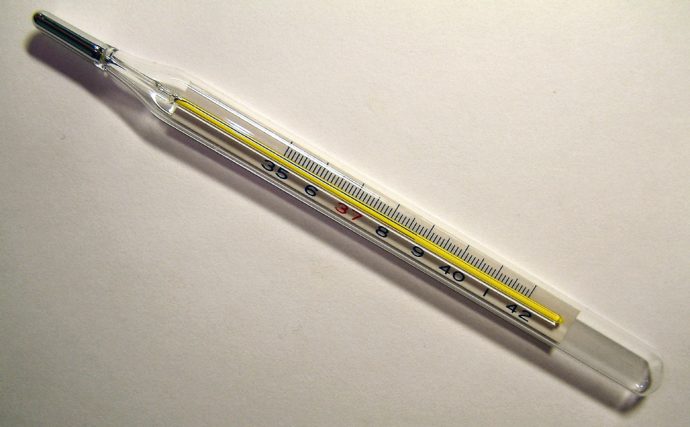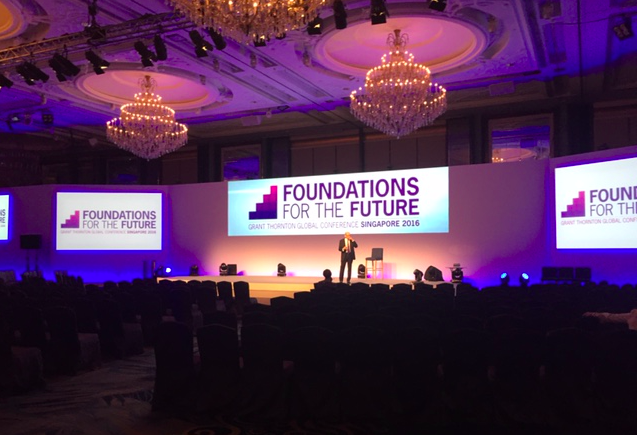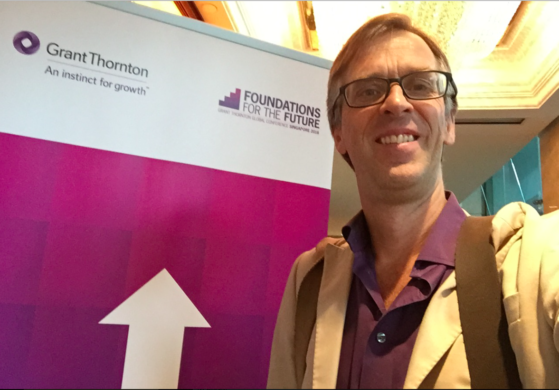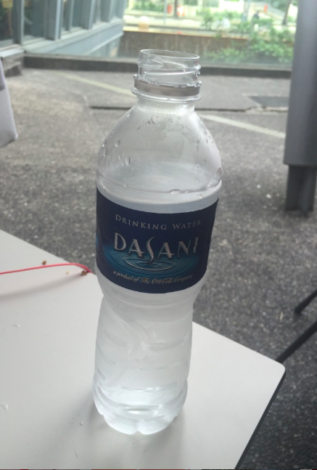
I have been a professional speaker since 1994, I have done more than 2000 paid speeches, and I can not remember the last time I canceled because I was sick. (Actually I might never have done it, but I certainly can not remember doing it.)
So does that mean I have never been sick?
Of course not. I am sick right now, as I am writing this. A bad case of colds, fever and generally non-working brain. I have done nothing of value today and if this text makes no sense I will blame it on my malfunctioning brain.
But here is an interesting observation I have done over my 20 year speaking career: It seems like speakers get sick when they do not have an assignment.
It seems that speakers seem to be able to “put off” being sick, until there is a whole in the calendar. In the last month I have spoken in the USA, Spain, Thailand, Malaysia, Lithuania, the UK – and a series of speeches in Singapore of course. But now I have a few days without speeches before I go to Barcelona next week, and just like that I got really, really sick.
Could I have given a speech today if I had a booking? Yes – I have been delivering speeches while not being in perfect physical condition before – but let’s just say I am very happy I do not have to.
I think the body feels that it’s “ok” to be sick, and then it relaxes and then the sickness strikes.
I also think that the body pumps itself up with adrenalin before a speech and “lives” on that energy long enough to get the speaker through the scheduled event. (Think how Hillary Clinton collapsed into a waiting car after attending the 9/11 memorial service.)
So why am I sharing this on a blog on being a professional speaker?
Because I think it is crucial that speakers plan in “non-booked-periods” also during the “busy season” of September to November (when speakers tend to have crazy schedules).
And more importantly, it’s important to block off longer periods of “down time” after a busy period as to re-charge the batteries and get back to “full charge” again.
Lesson:
They say people who never take time off to exercise sooner or later have to take time off to be sick.
I think it is equally true that speakers who do not take time off to get some down-time, sooner or later will find themselves down one way or another.


